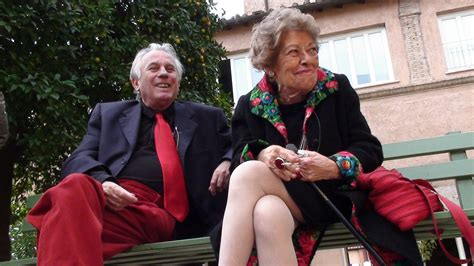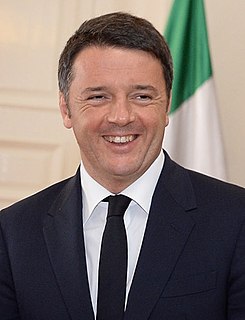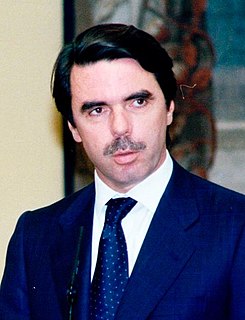A Quote by Giovanna Cau
I was born in Rome on March 11, 1923. Because of my age, I've become a piece of this country's history, but it's also true that a certain strand of Italy's film history has passed though me.
Related Quotes
I lived in Italy for quite a while and married an Italian woman. While there, I immersed myself in the complete culture: the music, art, literature, film, food, and history. It's easy to fall in love with. As a country, Italy does a good job of holding onto its rich traditions and culture. There's a real lack of embracing history in America.
The settler makes history and is conscious of making it. And because he constantly refers to the history of his mother country, he clearly indicates that he himself is the extension of that mother country. Thus the history which he writes is not the history of the country which he plunders but the history of his own nation in regard to all that she skims off, all that she violates and starves.
If you want to understand what's going to happen, you can't look in the rearview mirror into the United States' history, because that's done now. You have to look out at the rest of the world and look at the history of the rest of the world, and what you'll see is demonstrations and counter-demonstrations are going to become the norm. We'll have a big march, then they'll have a big march, we'll have a big rally and they'll have a big rally. That will be one of the features. Again, a pro-regime and pro-opposition media system, that will become a feature.
Music expresses feeling, that is to say, gives shape and habitation to feeling, not in space but in time. To the extent that music has a history that is more than a history of its formal evolution, our feelings must have a history too. Perhaps certain qualities of feeling that found expression in music can be recorded by being notated on paper, have become so remote that we can no longer inhabit them as feelings, can get a grasp of them only after long training in the history and philosophy of music, the philosophical history of music, the history of music as a history of the feeling soul.
I was born in England and went to school there. That's when I discovered my undying passion for history - not just for the Middle Ages, but all periods of history. My favorites are medieval, Elizabethan, and Georgian; however, I've written stories set in periods as early as ancient Rome, right up to the Victorian era.
































